Here's Part VII - the conclusion! - of my essay about Reason and Emotion - how they differ, and how they are related. If you're just arriving, I encourage you to read the earlier parts where I go through the history, definitions, and analysis of the key concepts: Part I | Part II | Part III | Part IV | Part V | Part VI
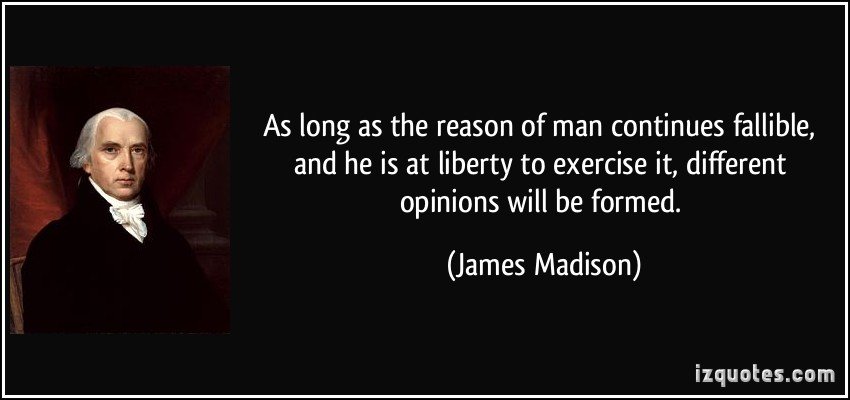
Source


At the start of Book II of his Gay Science, Nietzsche rails against those “sober” fellows who believe that they are in possession of an objective standpoint unclouded by values or passion. He declares that such a position is absolutely impossible: “Your sobriety still contains a secret and inextinguishable drunkenness. Your love of 'reality', for example – oh, that is a primeval 'love'. ... That mountain there! That cloud there! Subtract the phantasm and every human contribution from it, my sober friends! If you can! If you can forget your descent, your past, your training – all of your humanity and animality.”
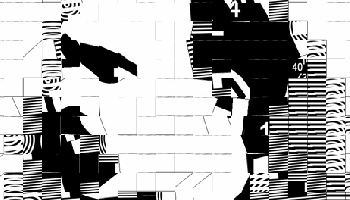
Source
Here we find the most disturbing limit to reason: absolute objectivity is impossible. For millennia, philosophers have wished to believe in the perfectibility of reason. For too long we have wanted to imagine that we could somehow subtract our limited perspective from the world and thereby achieve super-natural insight. This is true whether we examine the Platonists with their knowledge of the Forms, the Christians with their commands from that supreme objectivist, God, or the enlightened philosophes with their haughty stance above emotion. It now seems clear, however, that we can look at the world from only one limited vantage point: through the Self.
Even so, while we can no longer strive for an impossible objective stance, we must at least attempt to stretch our subjective viewpoint out as far as it will go. If humanity were to succumb to an irrationally selfish “will to power” philosophy, we would be nothing more than savages warring against each other over the last bit of meat from the hunt, and this would not be to our benefit. The most beneficial and efficacious philosophy is that rationally selfish one that recognizes other people, not as mere objects, but as other “Selfs” and ends in themselves.
Earlier I suggested that the ability to see and hear – to sense the world at a distance – is what made organisms more adaptable to their environment; and the greater that distance, the more efficient the adaptability. If we look at the faculty of reason as a tool of consciousness, we can start to see that it too is a way to “sense” and perceive the world. But with reasoning power, we don't get an additional spatial distance between us and the obstacles in our environment; with the power of reason, Man is able to calculate future results and gain the distance of time. These calculations allow us to look past the immediate moment of pleasure to a future moment of greater satisfaction.
Reason is an attribute of humanity, and humanity is finite and fallible. The growth of reason has been an evolutionary development, and it too is finite and fallible. No evolutionary development in the future will be able to grow beyond the finitude of life. To seek perfection is an exercise in futility, for such a thing cannot exist. Perfection is only a term we use to describe the ultimate achievement of all value. But values are ever changing. The number of values is infinite, because desire is in constant flux and reacting to its environment. Perception, emotion, and reason are the lights we use to search out that dream of perfection, and reason is by far the greatest of those lights. But it can illuminate only so much.

Source
Still, I cannot view this limit to reason as a bad thing. Would we really want to view the world as it is supposed that God does? If we could achieve such a stance – if we could examine the vastness of existence without emotion, without desire, without subjectivity and value – we would cease to exist in three minutes. Without the presence of Self and subject we would get lost in the phenomena of the world and forget to breathe.

In this essay I have tried to dismantle several thousand years of Western philosophy, and I have also assaulted the common-sense phenomenal experience of you, the reader, along with millions and billions of others. I have tried to suggest that a man or woman's existence as a conscious being produces a fundamental experiential dichotomy: that between Self and Other. This fundamental separation leads to an additional dichotomy: that between mind or spirit, and matter or body. But this second dichotomy is not necessary. It is, in fact, false.
I have further tried to show that it is this false dichotomy between mind and matter that has laid the foundation for the absolute separation between reason and emotion. The persistent belief in this false dichotomy is likely due to the fact that the thinkers of the past had no access to the evolutionary perspective that Charles Darwin gave us in 1857 when he published The Origin of Species. When we examine emotion and reason from this evolutionary perspective, it is evident that one is a progressive outgrowth of the other, and that both are adaptations that exist due to Natural Selection. The behaviors stemming from emotion developed as an organism's static responses to stimuli out there in the world; these static emotional behaviors eventually became aware of themselves with the development of feelings and consciousness; and, finally, reason developed as the first truly conscious value calculator in existence. Homo sapiens was now able to look beyond the immediate moment of pleasure or pain. Man was able to look beyond the passing phase of joy or sadness. When existence fashioned the tool of reason and bestowed it on Life, choice was born into the world.
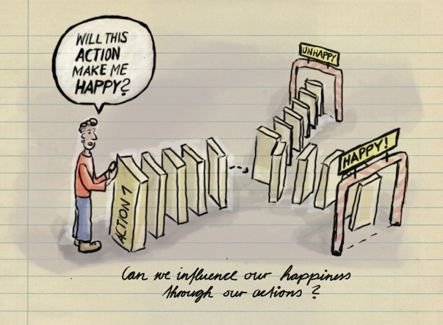
Source
Understanding the relationship between emotion and reason is important in several ways. First, emotion is too often shrugged off as incompetent and irrational. While I agree that reason is a later and more efficient development than emotion, the feelings and emotions-proper that have developed over the last several million years are still highly sophisticated calculators of value. While it is true that they can often be wrong, or become confused (and that is why reason developed in the first place), the faculty of reason is too limited to deal with all the minutiae of living. If I was forced to consicously sift through every bit of data that my senses receive from the outside world, I would never rise out of bed in the morning. Reason is a specialized tool that must be reserved for the solving of complex problems. Emotion is the unconscious tool that allows us to save time and resources. It is only when emotion trips itself up that reason need be called in to right it once again. That's why we have cognitive therapy.
While the false dichotomy between reason and emotion tends to belittle the faculty of emotion, it also raises the faculty of reasoning too high. When people believe in the perfectibility of reason they too often think that they have access to a perfect, irreproachable knowledge. With such a belief, tolerance goes out the window, and the spilling blood of an Inquisition or a Crusade will not be far behind. If we are to interact reasonably with our environment and within our society, we must always remember that reason can only be as strong and wide as its vantage point. When we realize that there can be no perfectly objective vantage point, we will never feel justified in burning, shooting, or torturing someone because of a disagreement. To be truly rational, one must always reserve some feeling of doubt.
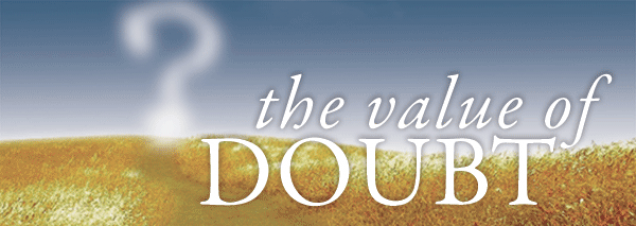
Source
In conclusion, humanity in general, and I in particular, have a long way to go before we will ever truly understand our “Selfs”. While the precision of technology advances, and research into the workings of the brain continues, we will continue to find out more and more. But there will never be some future moment of absolute clarity. Homo sapiens is destined to be ever searching for understanding, because his finitude can never comprehend all of existence. We are doomed to be ever dissatisfied. And yet, strangely, I accept my own prophecy with a feeling of satisfaction. I'll take a restless dissatisfaction any day over the absolute and lasting satisfaction of perfection that can only be followed by death.
Okay - that's it for Part VII and the whole damned essay! If you've read the whole thing, I congratulate you on your patience and determination. I hope I was able to offer a somewhat different view on the topic than you might find elsewhere.
If you found this post interesting and/or useful, I certainly appreciate all upvotes and follows. And I'd love to continue the conversation in the comments below. Thanks for reading
References
- Darwin,Charles. (1859). The Origin of Species. New York: Harcourt, Inc, 1998.
- Nietzsche, Frederich. (1882). The Gay Science. Trans. Walter Kaufmann. New York: Vintage Books, 1974.
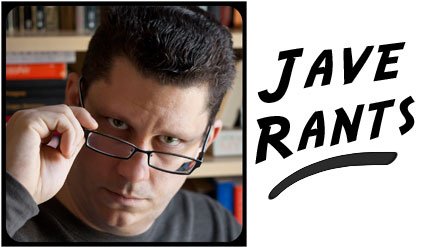
Recent posts:
- Socrates and Individualism, Part I
- Why I am not a Christian: an Autobiographical Tale
- Trial of Socrates: Latest Comic Page
- Lesbian Zombies from Outer Space - Latest pages

Art courtesy of @PegasusPhysics
